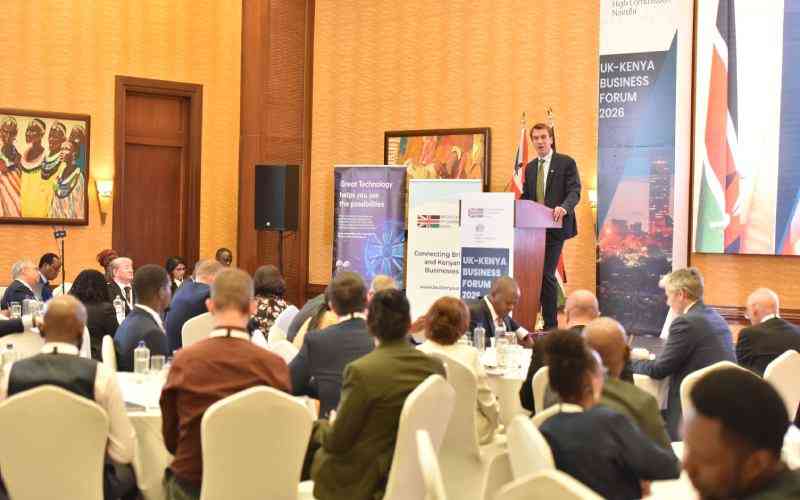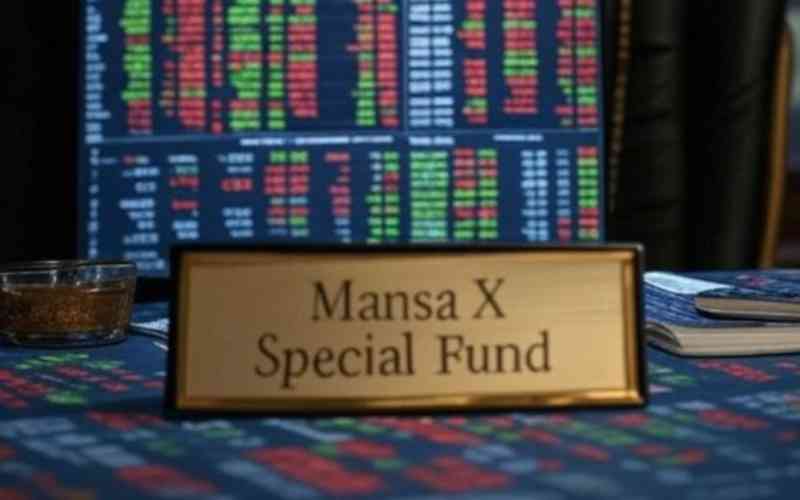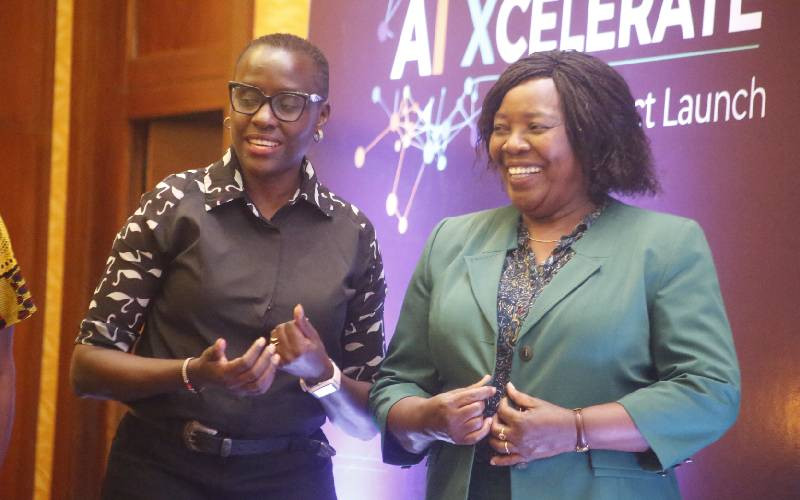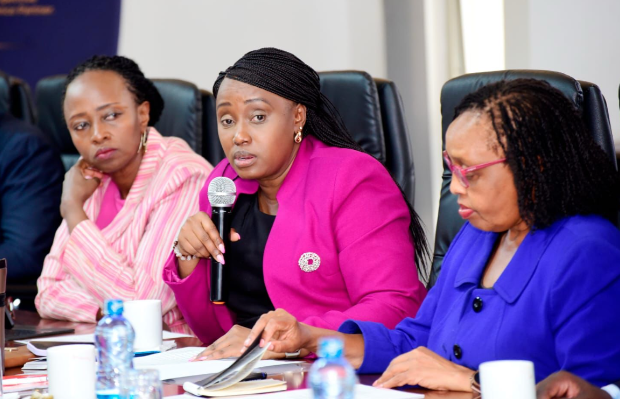×
The Standard e-Paper
Home To Bold Columnists

Singing in vernacular was almost always left to Benga artistes, but not anymore.
Then 125 featuring Mike Rua released 'How We Do', a fusion of modern-day hip hop with native Kikuyu folk music also showed us how diverse one can get.







